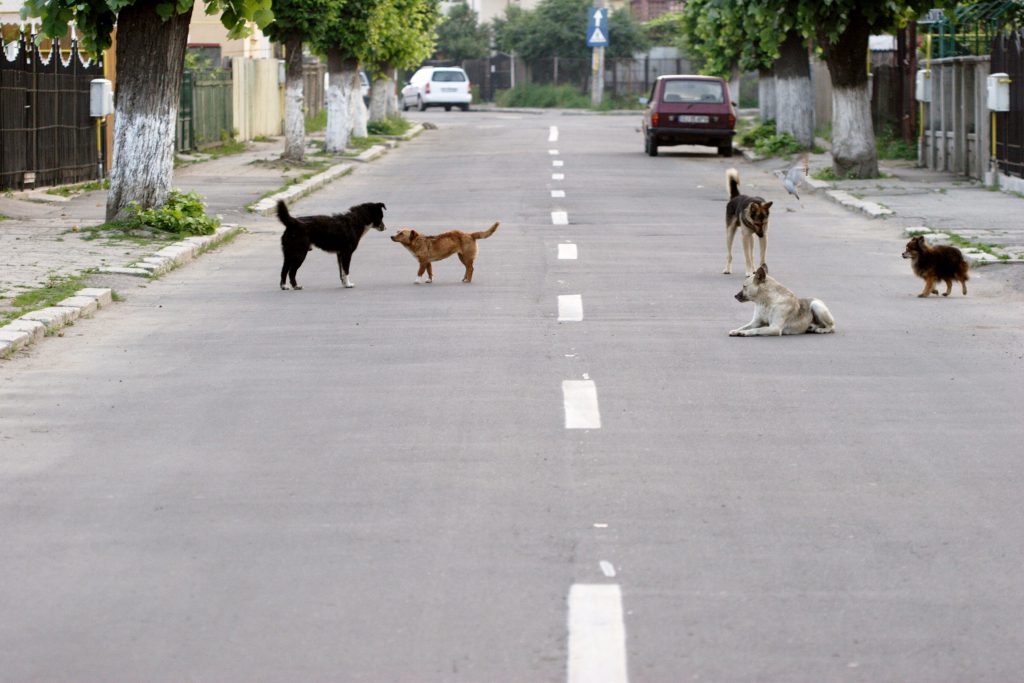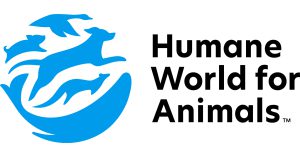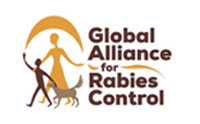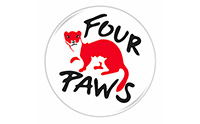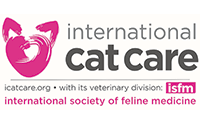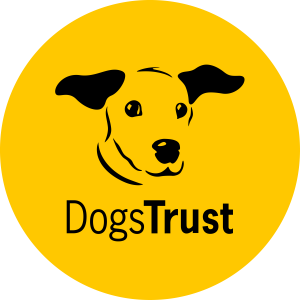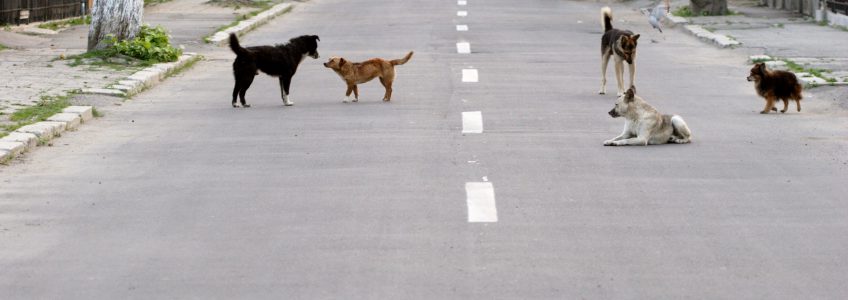
A small city in Eastern Europe was having challenges with a sizable roaming dog population in its town center. In response, the municipality opened a shelter, although limited funding meant that in reality this was little more than several kennels an unpopulated area to which unwanted dogs were chained permanently. When the mayor and key municipality staff requested assistance from an international NGO to better manage their dogs, it was agreed that they would try an approach that led a wide-ranging group of citizen stakeholders through a sustainable planning process, rather than having the NGO perform short-term services. The group, which consisted of dog owners, dog lovers, veterinary authorities, teachers, police and other municipal stakeholder group representative, were enthusiastic, and municipal leadership supported the efforts of the group to outline their key challenges and how they wanted to resolve them. However, planning stalled when the community kept coming back to the issue of the shelter. Although some thought it was helpful, most stakeholders simply felt sad about the way the dogs were treated and found themselves unable to enthusiastically support any new measures until that was addressed.
The international NGO partner saw an opportunity to build enthusiasm in the community by taking positive action. They agreed to help rehome the shelter dogs, on the provision that the community never undertake this type of sheltering again, that no new dogs were to enter the shelter, and that the municipal vet provide papers and vaccinations to facilitate international rehoming as national rehoming was unrealistic for the number of dogs involved. This was documented in a written agreement, after which the municipal vet, on which all action hinged, made no progress. After nearly a year of stalled progress and losing community momentum, the international NGO agreed to a modified process, where they would help the vet to assess and vaccinate the dogs. In doing so, they came to realize that the vet had little or no formal training with dogs, and was afraid of them. Through patient but respectful mentoring, the vet, who initially stood as a barrier to the process, became an ally and a champion. Eventually, all of the dogs were removed and rehomed, with the NGO ensuring that the local vet, the volunteer team, and the Mayor received most of the credit.
This show of support for the community’s wishes, as well as respect and mentoring in critical skills, left the community more capable and confident about pursuing their dog management goals. Progress on the remainder of their plan proceeded quickly. An active volunteer team, supported by the mayor and the municipal veterinary office, continues to care for, foster, rehome and advocate for the humane treatment of dogs in their city.
